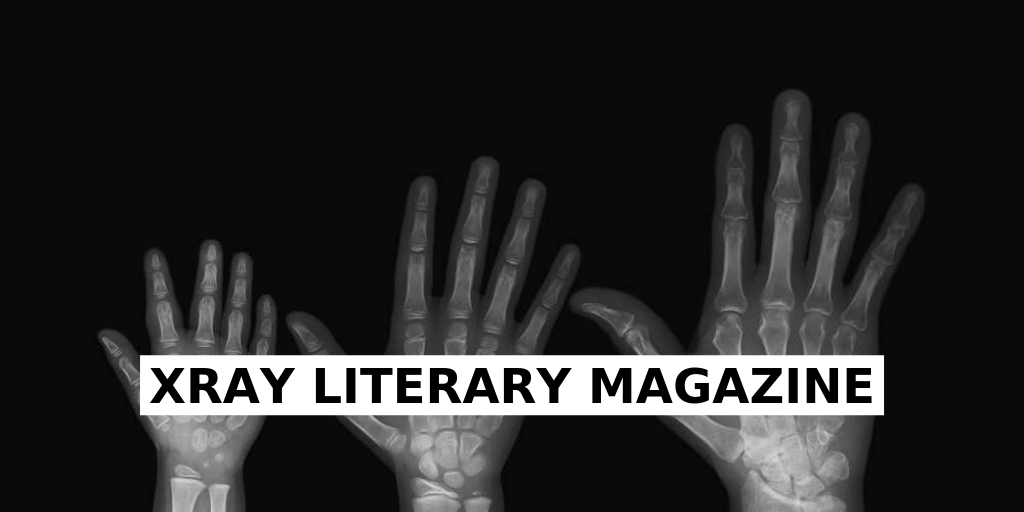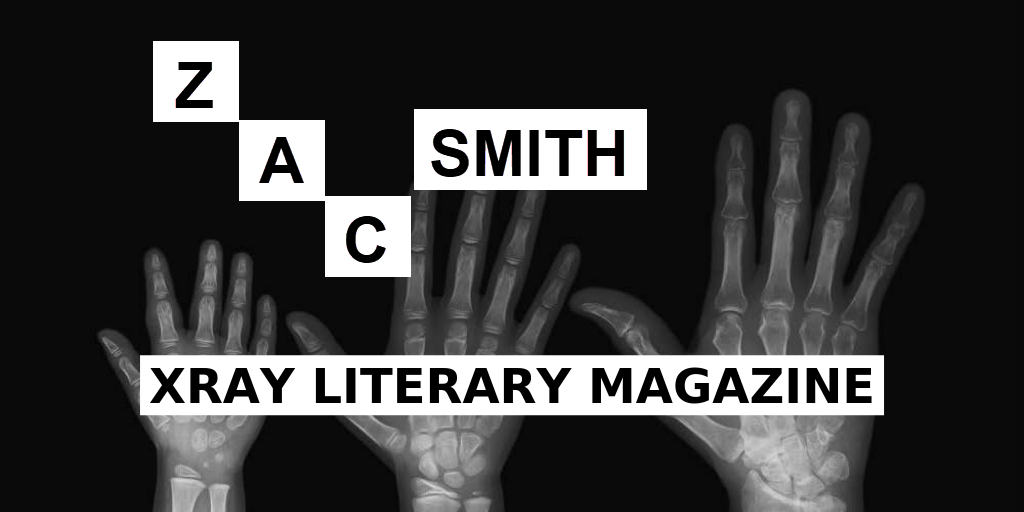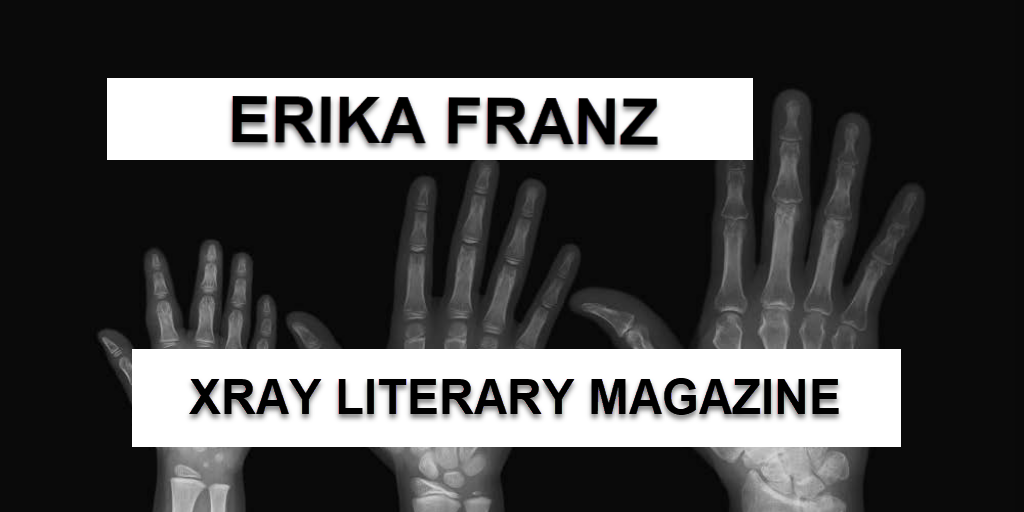
A THOUSAND WORDS OF BURNING ALIVE by Serrana Laure
The rough bark of the pole bit into the tender flesh of her bound wrists, skin fraying against the rope. Her bare feet dangled, numb from the frigid air that gnawed her bones. The wintry sky above glowed, surreal cerulean. She lowered her eyes from the sky and stared into the jostling crowd below. They muttered and seethed. Somewhere, someone laughed. A harsh, short laugh, more like a bark than a giggle. Cameras and phones pointed in her direction. A flash went off and her mind stuttered at the utter insanity. She was being made an example of, she understood…


